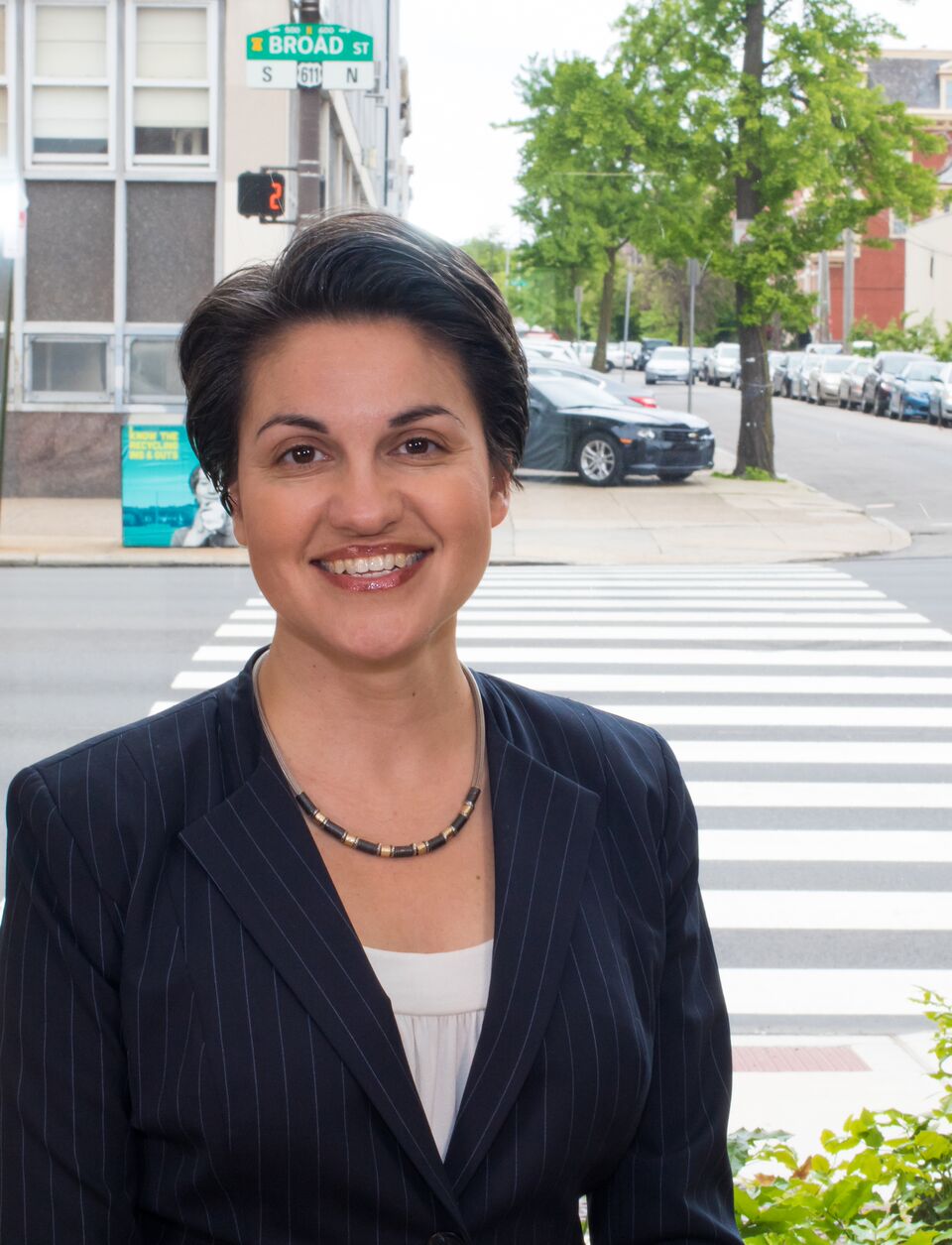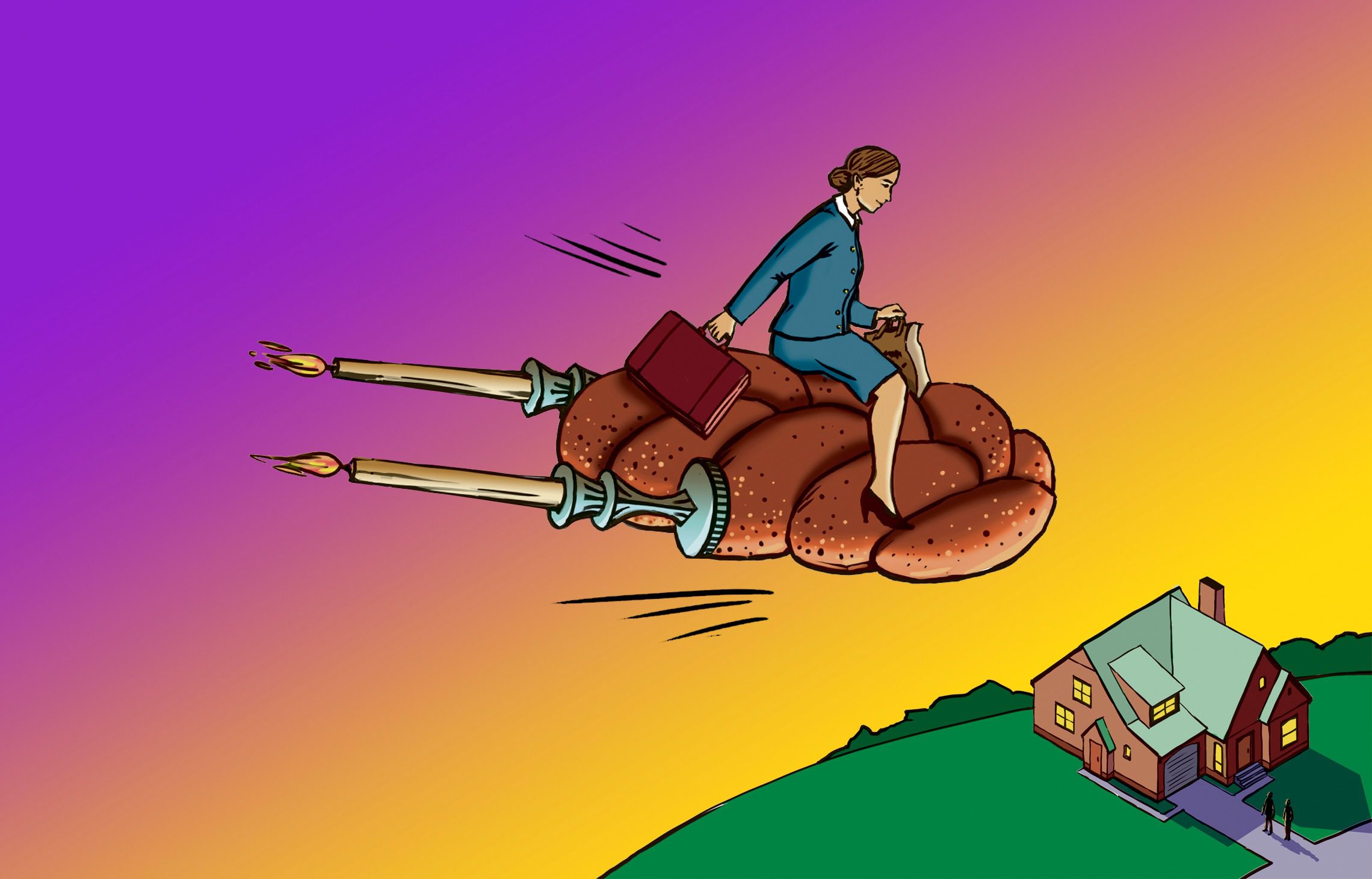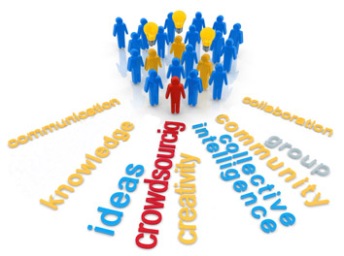In the words inscribed on my tallit, taken from Psalms: Pitchu li sha-arey tzedek, avovam odeh-ya/Open for me the gates of righteousness and I will enter in thanks. As I have stepped through new gates, I enter with profound gratitude.Continue reading
Reconsecrating Your Covenant with Each Other, My Covenant with You
 Delivered by Rabbi Maderer Friday night when we offered Renewal of Marriage Vows, and it was also Rabbi Maderer’s first Shabbat as senior rabbi.
Delivered by Rabbi Maderer Friday night when we offered Renewal of Marriage Vows, and it was also Rabbi Maderer’s first Shabbat as senior rabbi.
When Cantor Frankel chants the 7 Blessings/the Sheva Brachot in the vows renewal ceremony, we will hear a list of almost every word the Hebrew dictionary knows for joy. And what a joy it is to celebrate the bond of love and commitment! The conclusions of the final two of the blessings ask God to cause the couple to rejoice. Traditionally text says chatan and kallah, groom and bride; we are a community that thankfully includes LGBTQ couples and so we make a change to: reh-im and ahuvim, two words for beloved. If you listen closely, you will hear that in the 6th blessing, we ask God to cause one beloved and (in Hebrew v’) the other beloved, to rejoice together. In the 7th blessing, we ask God to cause one beloved with (in Hebrew im) the other beloved to rejoice together. By the time we reach the 7th blessing, the couple is not only one and the other, but one with the other, bound together in covenant.Continue reading
Have You Tried Turning It Off and On Again?
My husband, the I.T. professional, appreciates a certain tech-British sitcom he recently discovered. On the show, the help desk repeats to each and every caller:
“Hello, I.T. Have you tried turning it off and on again?”
Not a bad response to our own challenges, I.T. or not. Shabbat is here to say: “Have you tried turning it off and on again?” Most things work better if, now and again, they get unplugged. Shabbat shalom.
–Rabbi Jill Maderer
Choosing Gratitude
Last week, Dr. Dan Gottleib of WHYY hosted his final weekly Voices in the Family. He focused this final show on gratitude. As callers thanked Dr. Dan for giving them something– courage or patience or thanks… he responded: “I don’t give anyone anything that isn’t already there. It’s about seeing what’s already there.” (paraphrased)
Seeing what’s already there– this is Judaism’s approach to Thanksgiving. One Hebrew term for gratitude is “hakarat hatov.” The word thanks isn’t even in there. Hakarat hatov means “recognizing the good.” The good is already there. It’s our mitzvah, our sacred action to, call it out. Why is it so important to call out the good — to see what’s already there?
One response comes from Ron Lieber, a Reform Jew and the author of The Opposite of Spoiled: Raising Kids Who Are Grounded, Generous and Smart About Money. Lieber believes that saying grace is one of the single best things parents can do for their kids — no matter what god you do or don’t believe in. He explains there’s a link between gratitude and lower levels of envy and depression, because gratitude helps us to feel a sense of satisfaction, a sense of enough. Continue reading
Turning Fate into Destiny with A “Sabbath Lie”
 Can you see what this image, created by Anya Ulinich (speaking Sunday at RS) depicts? A woman dressed in a business suit riding a Shabbat candle-fueled challah! The picture serves as an illustration for Susan Pashman’s column in the Jewish Forward, “My Big Sabbath Lie–And the Joy It Brought.
Can you see what this image, created by Anya Ulinich (speaking Sunday at RS) depicts? A woman dressed in a business suit riding a Shabbat candle-fueled challah! The picture serves as an illustration for Susan Pashman’s column in the Jewish Forward, “My Big Sabbath Lie–And the Joy It Brought.
When Susan Pashman first became a single mother and sole wage-earner, she decided she needed to change careers in order to provide for her 2 sons. So she went to law school and then secured a position in a prestigious firm. That’s when she realized another problem: If she was going to work the expected 90-hour week, how would she find the time to provide a loving, caring home for her children? Just then, Susan witnessed another member of the firm’s incoming cohort, explain to the boss that he was an observant Jew, and needed to leave early on Fridays and stay home on Saturdays, in order to observe the Sabbath.
Ah-hah!Continue reading
Our Common Home: The Pope’s Encyclical in the Jewish Community
by Rabbi Jill Maderer
So… Who is in the box? Who’s home falls in the Center City travel box when our special guest, the Pope, visits Philadelphia this fall? Me, too. Although still not complete, this week’s transportation and security update began to feed my hunger for a better understanding about how my family will function, how emergencies will be addressed, and of course, how we are going to get the Jewish community to synagogue. As complicated as the Pope’s visit will be from a logistical perspective, I am intrigued about how we in the Jewish community, might find meaning in this historical moment.Continue reading
We All Have Rivers to Cross: Learning Prayer from our Ancestors
 Delivered by Rabbi Jill Maderer this Shabbat... Thank you to Roberta for your beautiful Torah reading. When Roberta began to prepare for her Adult B’nei Mitzvah earlier this year, she felt especially draw to chanting Torah. It was then that her mother reminded her: Roberta’s great-grandfather was a hazzan–a traditional cantor. This powerful link to her roots — spanning time and space — deepened Roberta’s Torah experience all the more so.
Delivered by Rabbi Jill Maderer this Shabbat... Thank you to Roberta for your beautiful Torah reading. When Roberta began to prepare for her Adult B’nei Mitzvah earlier this year, she felt especially draw to chanting Torah. It was then that her mother reminded her: Roberta’s great-grandfather was a hazzan–a traditional cantor. This powerful link to her roots — spanning time and space — deepened Roberta’s Torah experience all the more so.
This summer, as we encounter Mishkan HaNefesh, our new High Holy Day Machzor, we are posting a weekly question for your response. This week, we asked: From what person or event in Jewish history or in Jewish tradition do you draw inspiration? In other words, what are the lessons you learn from Jews of the past?
In Roberta’s case, a teacher of Jewish ritual who was a relative from her own family touched her. For many, teachers from Jewish history offer connection. We are not alone in our Jewish quest for meaning.Continue reading
The Aisles Are Open: Spiritual Release
Crowd Source Sermon Topic
Crowdsourcing July 25 Sermon

For this summer’s sermons, we’d like to incorporate your perspectives. The
clergy will pose a question at the beginning of each week. Your
responses to the question will help inform the sermon for that week.
Please respond to July 25 sermon topic: “Technology itself is neither good nor bad, it is how we use it. How has technology helped to connect you to others and/or how has technology separated you from others?”
Rabbi Kuhn’s “Crowdsourced” Sermon (7/4/14)
“Have you ever felt that food is sacred? How does food connect you to others? To your family? To Judaism?”
At sunrise on Wednesday mornings in the summer, farmer Phil Stober and his crew pick fresh vegetables and fruit at their farm, Barefoot Organics near Lebanon, PA. and deliver it to Rodeph Shalom every Wednesday afternoon, as part of our Community Supported Agriculture. On Wednesday evenings, RS congregants come in to cook fresh meals, prepared with the produce just-picked that morning and then deliver them (we call them “Mitzvah Meals”) to other RS congregants who are ill, or homebound, or who have recently lost a loved one.
Last Wednesday evening, as I stood in the RS kitchen and watched our team of chefs preparing Mitzvah Meals I was overcome by the feeling that what I was witnessing was the very essence of Judaism.
Can food be sacred? What is the connection between food and Judaism? These are the questions we posed to our congregation this week in our first ever “Crowdsourcing” sermon, where we asked the members of our RS family to offer your thoughts on a different question each week – as our Summer Sermon Series. (As a way to tap into the collective wisdom of our congregation)
This week, we received a lot of very thoughtful responses. Quite a few of the comments focused on the Mitzvah meals, as this has helped provide deeper meaning to the connection between food and Judaism.
Crowd Sourcing Sermons
Imagine that you are a member of the Rodeph Shalom clergy team, and you could tap into the collective wisdom of our congregation to help you write your sermons this summer.
That is exactly what we are going to do this summer with CROWDSOURCING SUMMER SERMON SERIES.
What is Crowdsourcing? It is the process of obtaining ideas or content by soliciting contributions from a large group of people, especially from the online community. (Merriam-Webster Online Dictionary, 2014)
What is Crowdsourcing a Sermon? It is an opportunity for us to draw inspiration from your comments and to encourage conversation among our congregants on important Jewish issues. Crowdsourcing sermons will be a way for us to find an opportunity to draw closer as a community. It will be a way for us to fulfill our Vision of creating profound connectionsContinue reading

